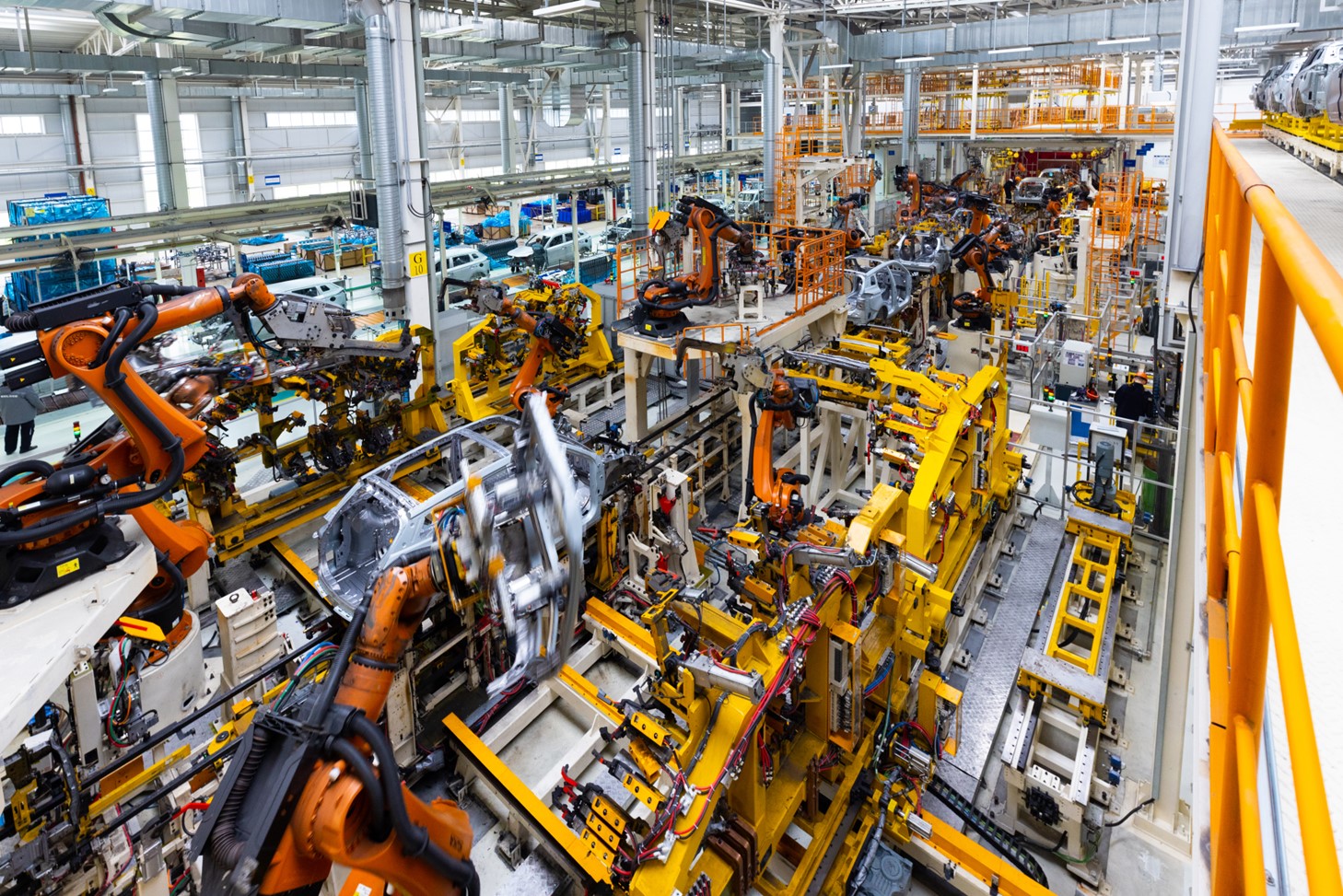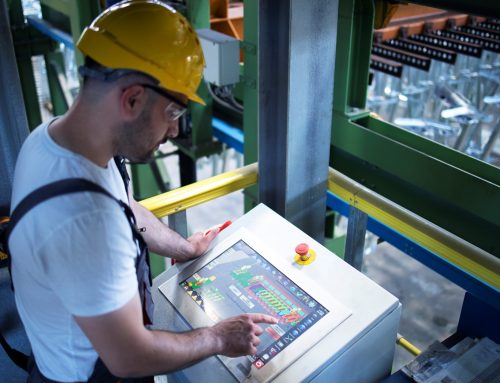Discover what lean production is, its core principles, and how software can aid in its implementation. Read this article and find out!
Making production processes more efficient without incurring additional costs is every manager’s dream. However, achieving this is possible with the right strategies and tools. Lean production, for instance, can eliminate waste, enhance quality, and satisfy your customers.
In this article, we’ll explain what lean production is, its key principles, and how it can balance costs and make your company’s outcomes more profitable. By the end of the article, you’ll understand how software can assist you in implementing this system!
What is Lean Production?
Lean production is a management philosophy designed to eliminate all types of waste in production processes, delivering exactly what the customer needs, when needed, and with the best possible quality.
Its origins can be traced back to Japan after World War II with the Toyota Production System. The goal of lean production at Toyota was to eliminate all types of waste in production processes, delivering exactly what the customer needs, when needed, and with the best possible quality. This revolutionized the automotive industry.
It’s important to understand the context of this revolution. The predominant concept at the time was Fordism, a production model based on assembly lines. This philosophy was crucial then to achieve higher production volumes.
The challenge faced by Japanese factories was that Fordism led to products lacking variety and having low quality. The linear and constant production model also resulted in excess inventory.
Hence, Toyota developed lean production with the vision that producing a certain product is only justified when there’s demand (just in time). The clear goal was to combat excess production, inventory, transportation, movement, waiting, processing, and defects. By squandering resources, unnecessary costs arose, along with reduced productivity and compromised quality.
What are the Pillars of Lean Production?
Lean production was based on two core pillars: Just in Time (JIT) and Jidoka. As previously mentioned, Just in Time refers to using resources in real time, producing only when necessary. This helps prevent excess inventory, both of raw materials and finished products.
Jidoka is a term related to the concept of autonomation—a type of automation that requires human intervention or monitoring. This means machines aren’t entirely autonomous but need human supervision to ensure higher quality and controlled production.
How Can Software Assist in Lean Production Implementation?
Are you excited to adopt this system in your business and reap the benefits of waste reduction? Then, the best approach is adopting software that aids in managing production processes. This system will help you:
● Map and analyze the value stream, identifying waste and improvement opportunities.
● Monitor real-time performance indicators of production processes.
● Control and trace materials, products, and production orders to ensure compliance and process safety.
● Integrate teams involved in production processes.
● Generate reports and charts that aid in decision-making and continuous improvement of production processes.
With software like this, you can effectively and efficiently implement lean production in your company, reducing costs, enhancing quality, and satisfying your customers.
Don’t waste time—start implementing lean production in your company today with Manusis4! Request a free demonstration now!






Leave A Comment